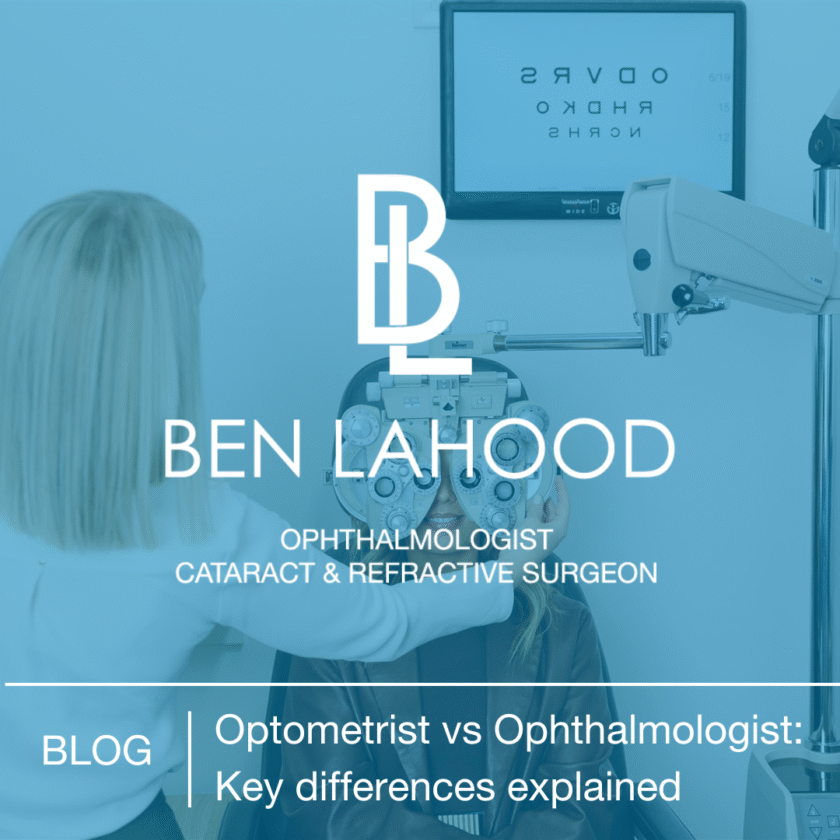
Optometrist vs Ophthalmologist: Key Differences Explained
If you’ve ever wondered whether you should see an optometrist or an ophthalmologist, you’re not alone. Both play an important role in caring for your eyes, but their training, qualifications, and services are quite different. Knowing these differences can help you choose the right ophthalmic professional for your eye health needs.
What is an Optometrist?
An optometrist can check your vision, prescribe glasses or contact lenses, and manage certain eye conditions like dry eye or glaucoma. They are often the first person you will see if you notice changes in your vision or wish to seek advice.
Optometrists do not perform surgery, but they work closely with ophthalmologists to ensure patients access the right care when more advanced treatment is needed.
What is an Ophthalmologist?
An ophthalmologist is a medical doctor and surgeon who specialises in diagnosing, treating, and performing surgery for a wide range of eye conditions. Their training includes medical school, a one-year internship, followed by a minimum of three years of an ophthalmology residency. Ophthalmologists can offer treatments such as cataract surgery, refractive lens exchange, laser vision correction, and many other procedures for complex eye diseases.
Dr Ben LaHood is an ophthalmologist based in Adelaide who specialises in cataract and refractive surgery, including laser vision correction. He works closely with optometrists to ensure patients receive the right care for their immediate and ongoing visual health.
Key Differences: Optometrist vs Ophthalmologist
The main differences between an optometrist and an ophthalmologist come down to their training and scope of care:
- Training: Optometrists complete a degree in optometry, while ophthalmologists complete medical school followed by specialist training in ophthalmology.
- Scope of Care: Optometrists focus on eye exams, prescribing glasses or contact lenses, and managing some eye conditions. Ophthalmologists can diagnose and treat more complex issues and perform surgery and often specialise in a certain area of ophthalmology.
- Working Together: Often, an optometrist will refer patients that need further specialised care to an ophthalmologist for further management, treatment or surgery.
Which Should You See?
For regular eye checks, vision testing, and new glasses or contact lenses, your optometrist is the right choice. If you have a more complex eye problem, need a surgical opinion, or are considering procedures like cataract surgery or laser vision correction, an ophthalmologist is the specialist to see.




